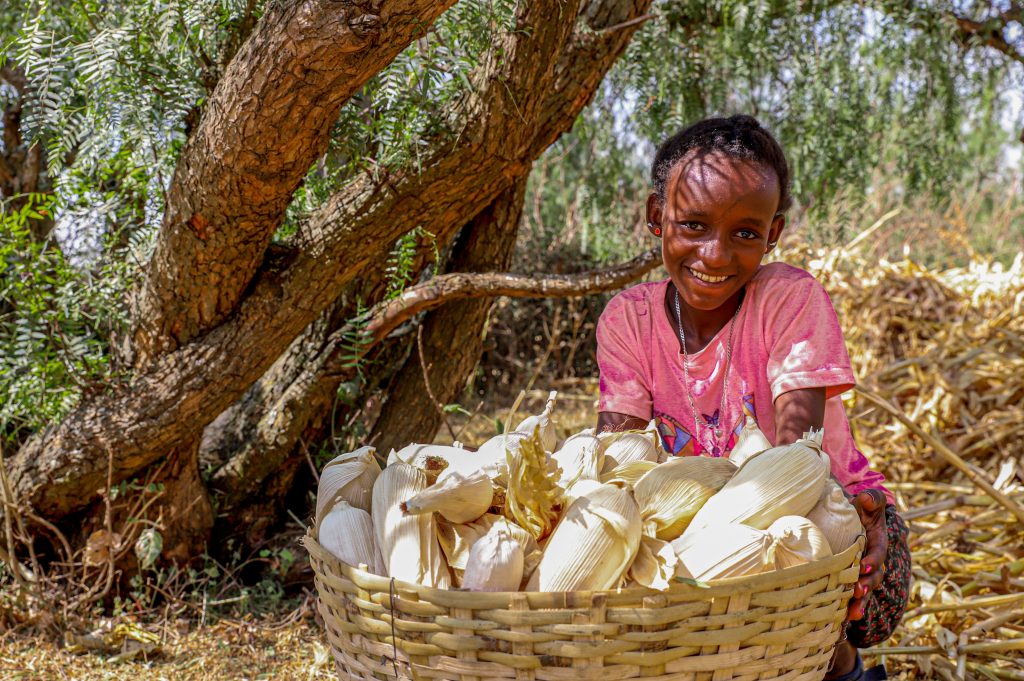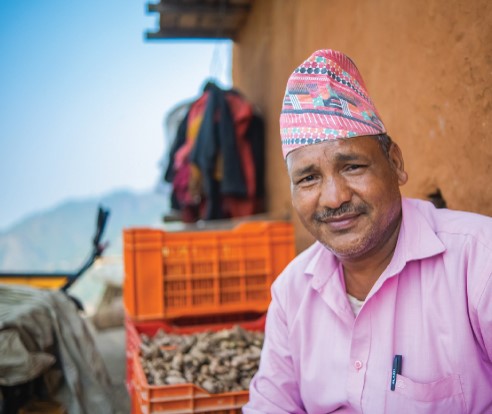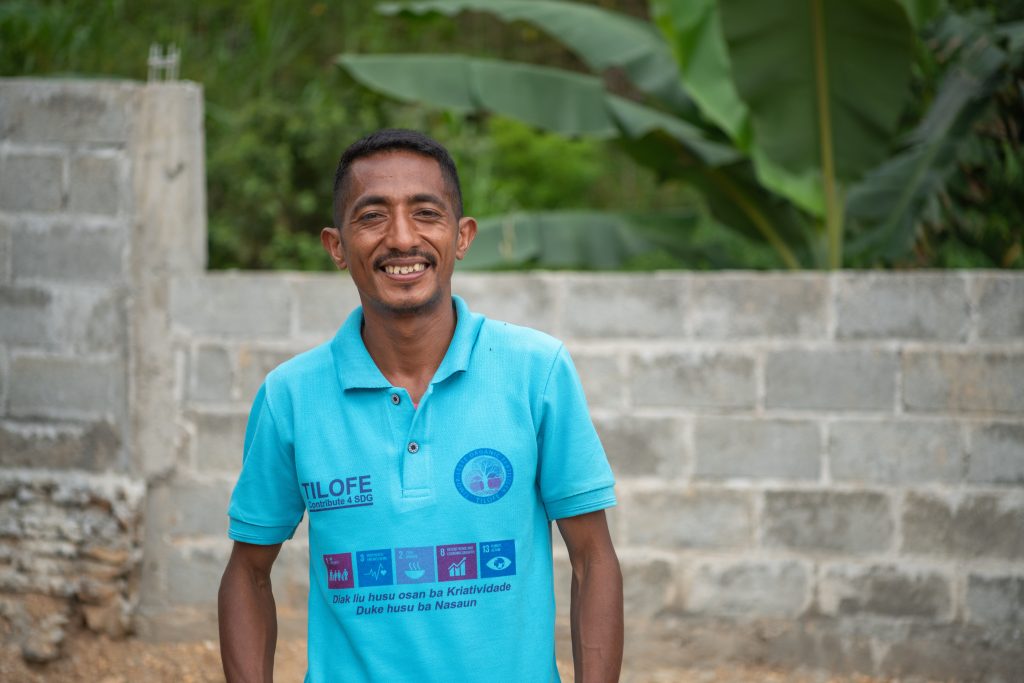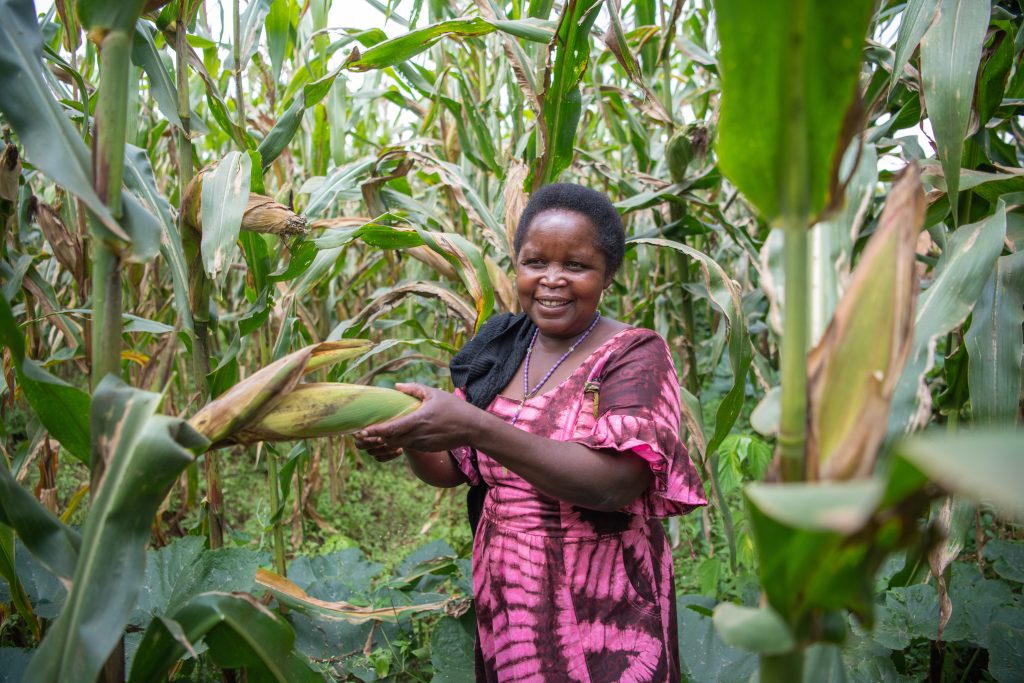Explore our achievements from the preceding cycle by perusing the success stories provided below, along with additional narratives available on the Stories and Events page.
F2F Ethiopia seeks to generate market-driven, inclusive, and sustainable agricultural economic growth, and create employment opportunities. It aims to contribute to improved production efficiency, food security, income and resilience among target beneficiaries in Ethiopia through volunteer technical assistance to host partners, while addressing technical and organizational constraints.
F2F Ethiopia is committed to improving the food and nutrition security of target beneficiaries through volunteer technical assistance to host partners by addressing technical issues related to nutrition-sensitive agriculture, crop and livestock production diversification, nutrition awareness, food processing techniques, recipe preparation, and organizational constraints.
Read about the F2F Ethiopia Fy19-23 project here.


F2F Nepal is dedicated to improving the income, employment opportunities, and natural resource management of Micro, Small, and Medium-sized Enterprises (MSMEs) engaged in agribusiness by systematically addressing their technical and institutional constraints. The ultimate goal is to foster profitable commercialization, boost competitiveness, and promote a more inclusive agriculture sector.
F2F Nepal is working to promote the adoption of climate-smart agricultural technologies and practices among smallholder farmers and agribusinesses to increase their yields, improve their adaptive capacity and resilience to climate shocks, and reduce greenhouse gas emissions.
Read about the F2F Nepal Fy19-23 project here.
F2F Timor-Leste seeks to accelerate inclusive and sustainable market-driven productivity, food security, and household incomes among targeted smallholder farmers, traders, and processors. Additionally, F2F will support agribusinesses engaged in industrial crop value chains that represent promising export opportunities, including candlenut, virgin coconut oil, vanilla, and cacao, and will promote household industries processing plantation waste into organic fertilizer.
F2F Timor-Leste is committed to expanding food security by improving climate-resilient and nutrition-sensitive farming practices and the production of specific value chains, including livestock, fish, and nutritious crops such as biofortified maize, sweet corn, Bok choy, broccoli, and orange-flesh sweet potato.
Read about the F2F Timor-Leste Fy19-23 project here.


F2F Uganda aims to support agribusiness development, catalyzing inclusive and sustainable agriculture-led economic growth characterized by improved production efficiency, market growth, food security, and increased income and resilience of agribusinesses and rural households.
F2F Uganda is dedicated to fostering a well-nourished population, particularly focusing on women and children in target areas. Our commitment aligns with the USAID Uganda Mission’s Direct Objective No. 2 outlined in the Country Development Cooperation Strategy and the Global Food Security Strategy’s overall goal of reducing hunger, malnutrition, and poverty in Uganda. Ultimately, these efforts contribute to advancing the Government of Uganda’s Vision 2040.
Read about the F2F Uganda Fy19-23 project here.